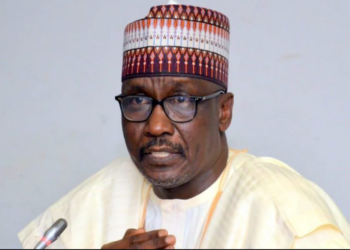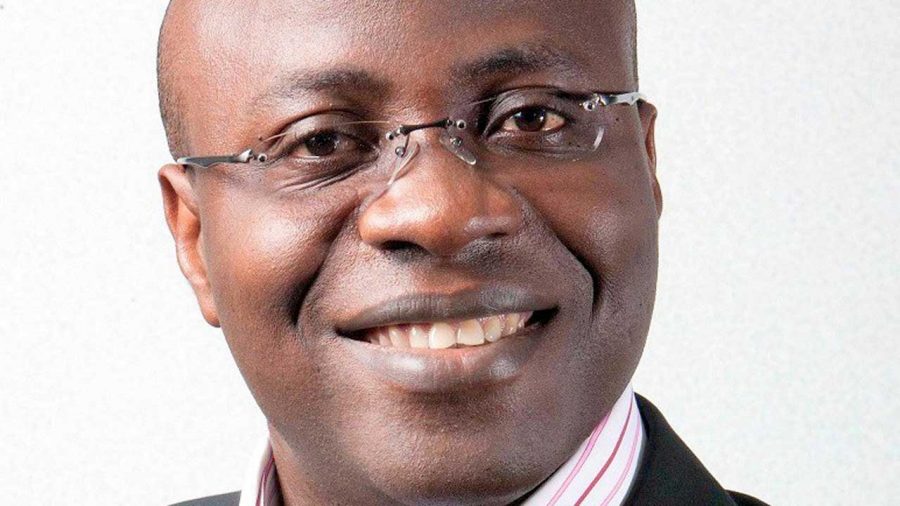The Extractive Industries Transparency Initiative (EITI) said Nigeria produces 13% of the global production of tantalum.
EITI disclosed this in its 2022 Mission Critical Report which was released on Wednesday, November 2.
Tantalum is a highly resistant mineral used in manufacturing electronics, especially mobile phones, laptops, and super alloys.
According to EITI, the mineral will potentially be used in electric vehicle (EV) batteries, depending on the technology development and deployment of alternative zero-cobalt batteries.
In 2021, China recorded imports of tantalum from Nigeria, the Democratic Republic of Congo (DRC), Ethiopia, Madagascar, Mozambique, and Sierra Leone.
Nigeria lacks mining data: The report showed that aside from the recorded tantalum production rate, Nigeria rarely had any definite data for 14 of the minerals highlighted in the report. That’s because the country’s solid mineral sector is characterised by artisanal mining and small-scale mining of manganese and tantalum.
Lack of data discourages investors: The report showed that exploration and mapping of mineral deposits are limited in many EITI-implementing countries, especially African countries like Nigeria. The availability of comprehensive and public geological data determines the ability of resource-rich countries to attract responsible investors and negotiate favourable terms for the country and its people.
The importance of open geological data: EITI said access to open geological data is important to support a transition mineral development strategy and to level the playing field in negotiations between governments, companies, and communities. Transparent information can improve the terms of contracts, facilitate mine planning, and ensure that all stakeholders are well informed.
Profit shifting in Nigerian mining market: In October 2021, the International Monetary Fund (IMF) said countries like Nigeria lose $600 million in revenue due to tax rate differences between African countries and offshore affiliates in the same multi-national enterprises’ group.
The EITI report corroborates what the IMF said. The report said:
- “Research on profit shifting in mining across Sub-Saharan Africa indicates that African countries are losing, on average, between $470 million and $730 million per year in corporate income tax from MNE tax avoidance. The baseline estimate – which also includes Sub-Saharan African economies with small mining sectors – suggests a revenue loss of about $600 million, based on tax rate differentials between African countries and offshore affiliates in the same MNE group.”
What you should know: Tax base erosion and profit shifting (BEPS) is a serious governance challenge for countries pursuing resource revenues from the taxation of multinational enterprises (MNEs).
- BEPS occurs when companies shift reporting of profits generated in higher tax jurisdictions to other parts of their business in lower tax or no-tax jurisdictions.
- This challenge could become more pronounced in the transition minerals sector given the integrated business structures of many of the MNEs involved in mining, processing, refining, marketing, and trading in transition minerals across multiple jurisdictions.
- There are also increasingly powerful global partnerships controlling transition mineral value chains, for example, through the consolidation of mine-to-car business deals by upstream and downstream MNEs.
Nigeria must take action: Nigeria and other sub-Saharan African countries need to take intentional steps to maximize their mineral resources, especially in the era of the global energy transition.
- During the October 2022 Reuters Impact Climate Conference in London, the president of the Africa Finance Corporation (AFC), Samaila Zubairu said it was time for Africa to rethink the approach to its mining value chain.
- According to him, mining is carried out in Africa, and the minerals are exported to Asia where they are processed and exported to other parts of the world. He said that this cannot continue and Africa needs to also process mineral resources so, there is value capture here before exports take place, and Africa can expand its mining capacity.
- Zubairu said; “Africa needs to expand its mining capacity, more minerals should be sourced, mined, and processed here on the continent. More investments in adaptation will increase infrastructural capacity.”



















